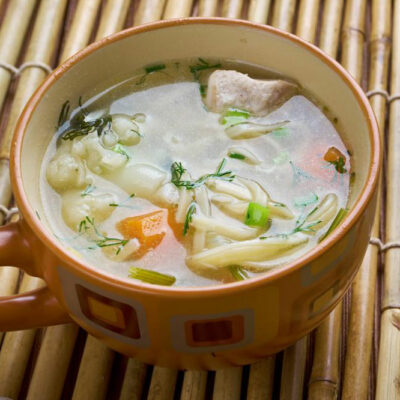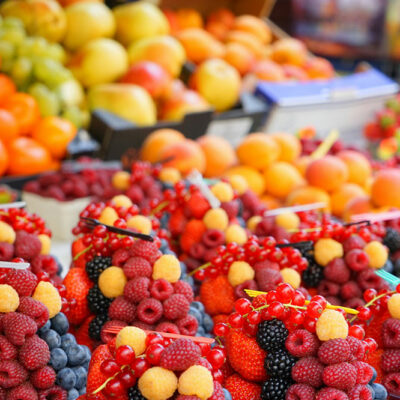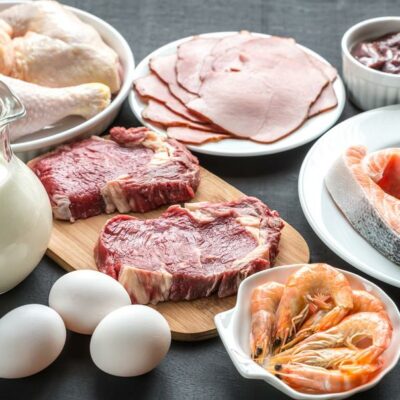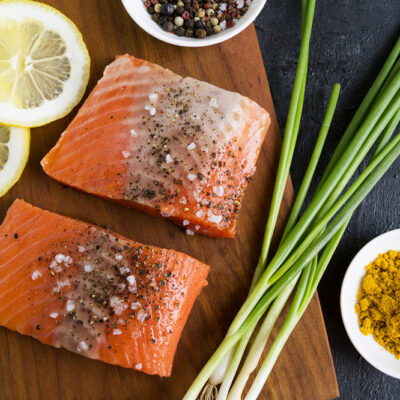
Diet
Tips for Refrigerating Food Safely
Refrigerators are used to keep the stored food fresh for longer. Without refrigeration, food can rot and become unfit for consumption, which can ultimately lead to numerous food-borne illnesses. However, different food items require refrigeration to store them for varying periods, and you must follow certain safety tips for refrigerating food safely. Foods to be refrigerated Safety and storage tips for refrigerating food correctly include understanding which foods to refrigerate: Yogurt To keep yogurt fresh and soft, you should always refrigerate it. The consistency is affected without refrigeration, and it can turn into a thin liquid. Cheese Only soft cheese needs to be refrigerated. Hard cheeses need not be refrigerated, but they will last longer if stored in the fridge. Milk Pasteurized milk needs to be refrigerated to ensure a longer shelf life. Meat Meat-based food items must be refrigerated to keep them fresh and fit for consumption. Also, they must be packed and stored well to avoid contact with moisture. Otherwise, they might get contaminated and spread a smell that also affects the other food stored. Fish Fish must be refrigerated for it to remain fresh and healthy for consumption. Eggs Eggs need to be washed properly before being refrigerated to ensure that they stay fresh and fit for consumption.
Read More 










